Adhesives are materials that join two surfaces together, typically by creating a bond. The use of adhesives dates back to prehistoric times when early humans used natural adhesives like tree resin and animal hide glue to make tools and weapons. Over time, adhesives became more sophisticated, and new materials and formulations were developed. For example, the ancient Egyptians used animal glue and beeswax to bind papyrus scrolls, while the Romans used a mixture of lime and volcanic ash to make cement. Read More…
Master Bond formulates high quality adhesive systems to help engineers meet specific requirements for their bonding, sealing, coating and encapsulation applications. The product line consists of epoxies, silicones, UV curable and LED curable systems that feature outstanding performance properties.
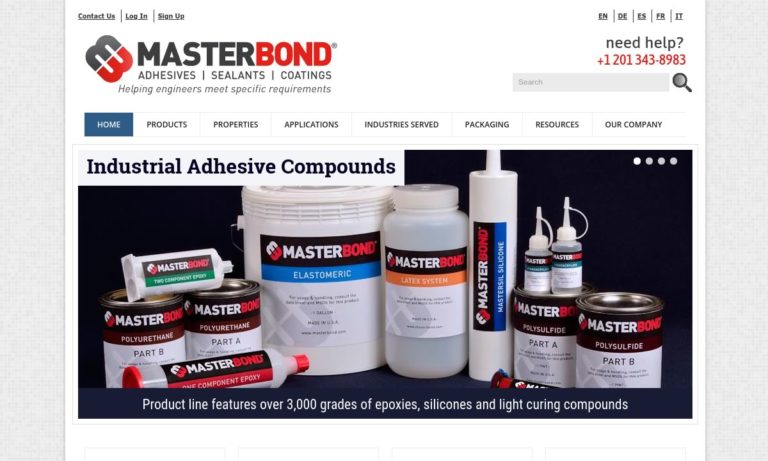
We are a leading manufacturer of hot melts, water-based adhesives, cohesives, and Dextin.. We work to make sure that all of our customers are satisfied and get exactly what they need! From Automotive to Paper Converting or nearly any conceivable application, we are the adhesive solutions company. We put you and your company first! For more information, give us a call today!
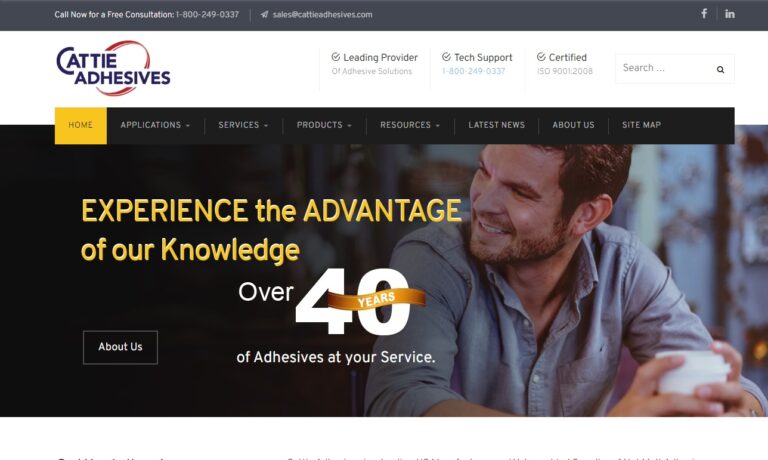
We hold North American manufacturing together with our adhesives! We have presences in Seattle, Portland, Spokane, Houston, Dallas, Tulsa, Chicago and many others so that we will be where you need us, always! Our motto states that “We strive for insanely happy customers,” and that’s exactly what the kind of commitment to excellence that we will bring to you. For more information on what we...
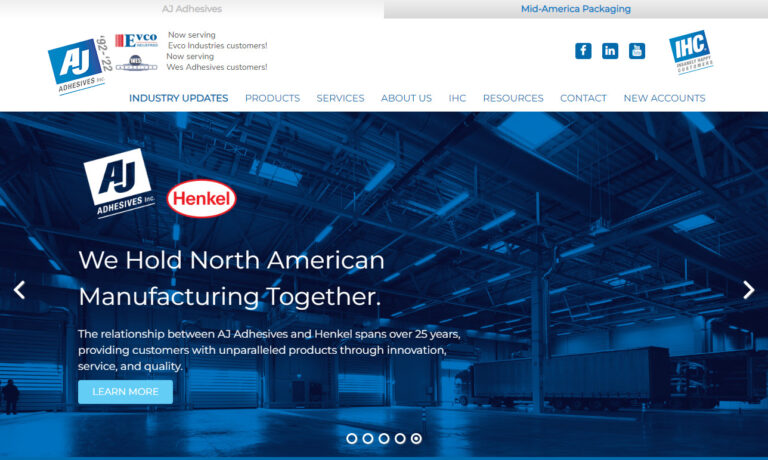
We produce top of the line work when it comes to the adhesive industry! We make sure that we product a high-quality product for world class customers! Formed by the unification of Stik-II Products and Dielectric Polymers, we are now your trusted single source for everyday and custom adhesive solutions. From Aerospace to Windows or nearly any conceivable application, we are the adhesive solutions...
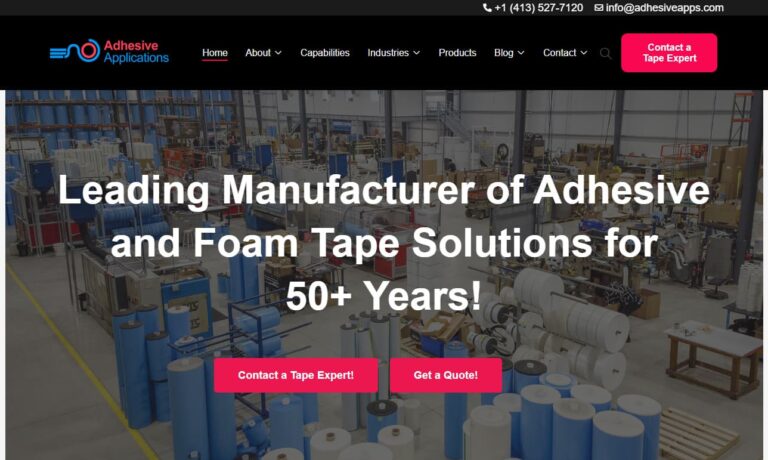
Our skilled engineers and technicians will work closely with you in order to provide you a product that will fit your unique applications! Our laminating adhesives are among the best in the industry and we want to prove it to you! We pay extra attention to our customers in order to ensure that we are exceeding customer expectations at every turn. To learn more about how we may benefit you visit...
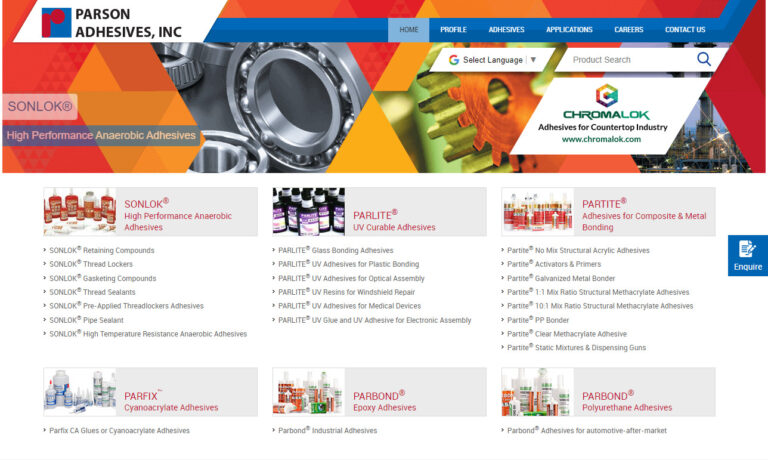
More Adhesive Manufacturers
The 20th century saw the development of synthetic polymers, leading to the creation of modern adhesives like epoxy, cyanoacrylate, and polyurethane. These adhesives have become integral to daily life, ranging from children’s art projects to advanced applications in aerospace and medicine.
Types of Adhesives
Adhesives are available in diverse formulations, each characterized by distinct strengths, viscosities, and chemical properties. Below are some of the most commonly used types:
Epoxy Adhesives: Comprising a resin and a hardener, Epoxy adhesives are renowned for their high strength, durability, and resistance to chemicals and heat. These two-part adhesives are frequently employed in applications demanding a strong, permanent bond, such as those in the aerospace and automotive industries.
Cyanoacrylate Adhesives: Known as superglue, cyanoacrylate adhesives are rapid-setting adhesives that form strong bonds with a variety of materials. They are widely utilized in woodworking, electronics, and medical applications due to their quick bonding capabilities.
Polyurethane Adhesives: These adhesives are characterized by their flexibility and high strength, as well as their resistance to moisture and chemicals. Polyurethane adhesives are commonly employed in the automotive and construction industries and are also used in the manufacturing of furniture and footwear.
Hot Melt Adhesives: Hot melt adhesives are thermoplastic materials that are applied in a molten state. They offer quick bonding and are frequently used in packaging and woodworking applications.
Limitations and Drawbacks of Adhesives
Adhesives have several limitations. They can be difficult to remove, complicating disassembly or repair. Some adhesives are unsuitable for high-temperature or high-pressure applications. Additionally, they may not be effective on certain materials, such as porous surfaces.
Benefits of Adhesives
Though adhesives have certain limitations, they are valuable for their convenience, cost-efficiency, and versatility in joining materials. Often chosen for their distinct properties, adhesives offer advantages over traditional methods. For example, they can provide stronger and more durable bonds, as well as increased flexibility in design and assembly.
Adhesives present several benefits compared to methods like welding or soldering, such as faster assembly times, improved aesthetics, and the capability to join different materials. One primary benefit is their adaptability. Adhesives can be formulated to bond a variety of materials—plastics, metals, wood, and ceramics—and can be customized to offer high strength, flexibility, or resistance to heat and chemicals.
Applications of Adhesives
Adhesives are employed across multiple industries for numerous purposes. They increase efficiency in automated assembly processes by reducing the reliance on manual labor. Major sectors using adhesives include construction, automotive, electronics, medical, and packaging. Detailed descriptions of these specific applications are provided below.
Construction: In the construction industry, adhesives are commonly employed to bond materials like wood, metal, and concrete. They enable the joining of materials that would be difficult or impossible to connect with traditional fasteners such as nails or screws. For example, adhesives can be used to attach wood panels to concrete walls or to secure roofing materials to metal frames.
Automotive: The automotive industry extensively uses adhesives for various purposes, including bonding body panels, sealing windshields, and attaching interior components. These adhesives provide a robust, durable bond that withstands vibration, heat, and moisture, making them perfect for automotive needs.
Electronics: Within the electronics industry, adhesives serve the purpose of bonding components and safeguarding sensitive electronic circuits from moisture and other environmental factors. They can be specifically formulated to offer properties like thermal conductivity or electrical insulation, which makes them highly suitable for electronic applications.
Medical: In the medical industry, adhesives are employed for wound closure, surgical procedures, and drug delivery. They offer a strong, flexible bond that resists moisture and bacteria, making them ideal for medical applications.
Choosing the Correct Adhesives Manufacturer
To ensure a successful purchase of adhesives, compare at least five or six manufacturers using our curated list. Each supplier’s profile details their expertise and capabilities, and includes a contact form for inquiries or quotes. Use our website previewer to review each company’s specialization, then employ our RFQ form to contact multiple businesses with a single message.

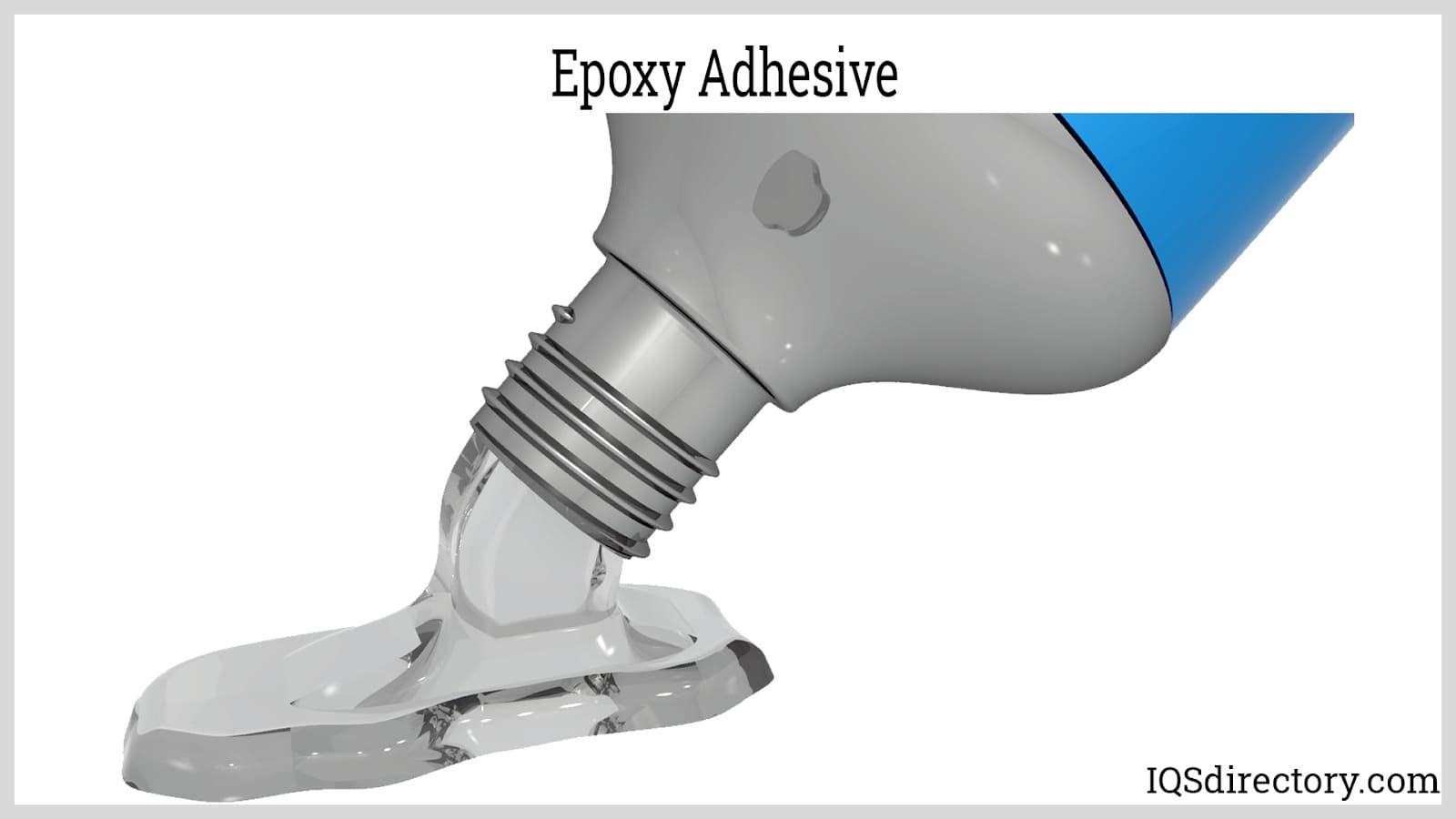
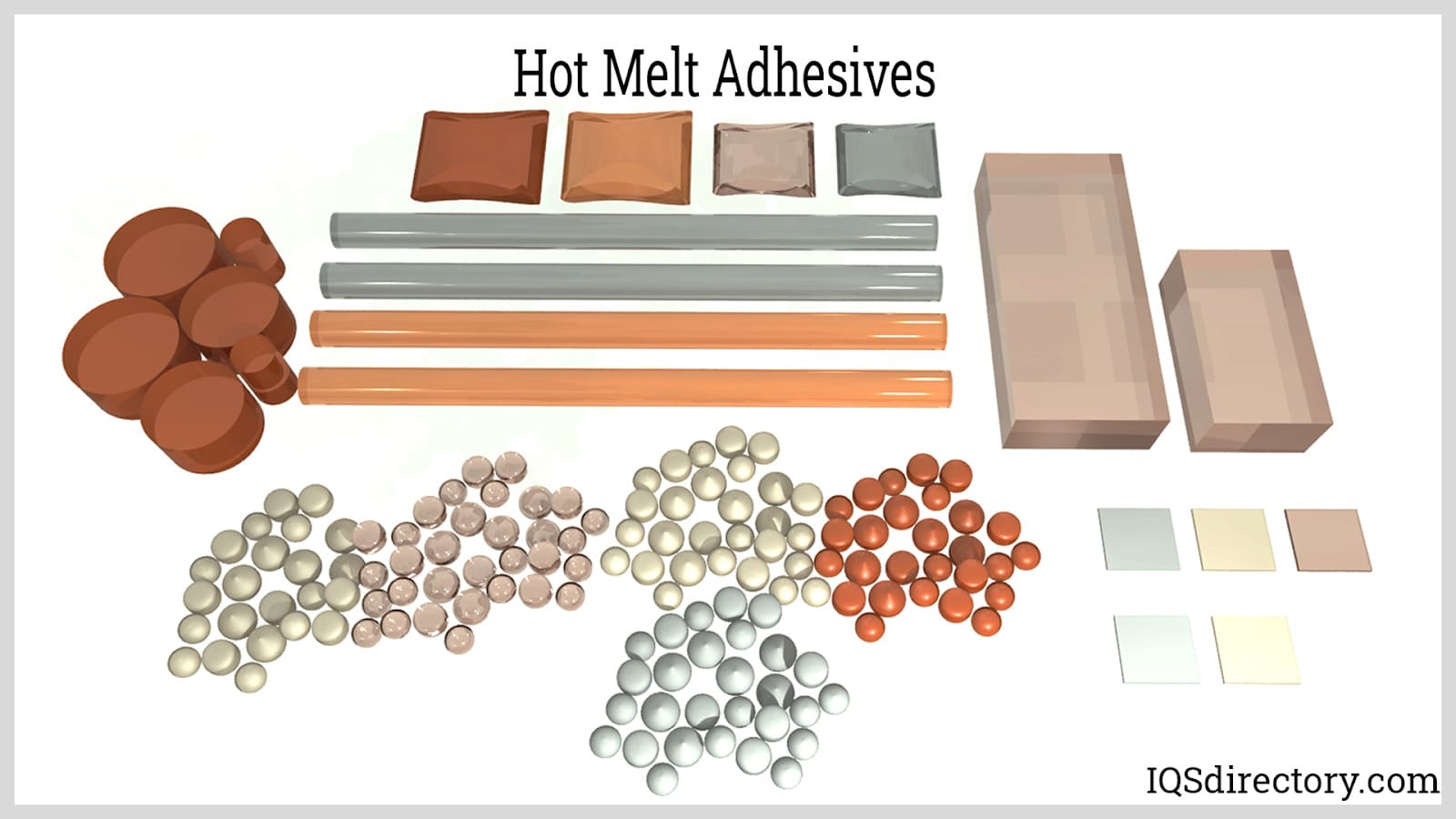
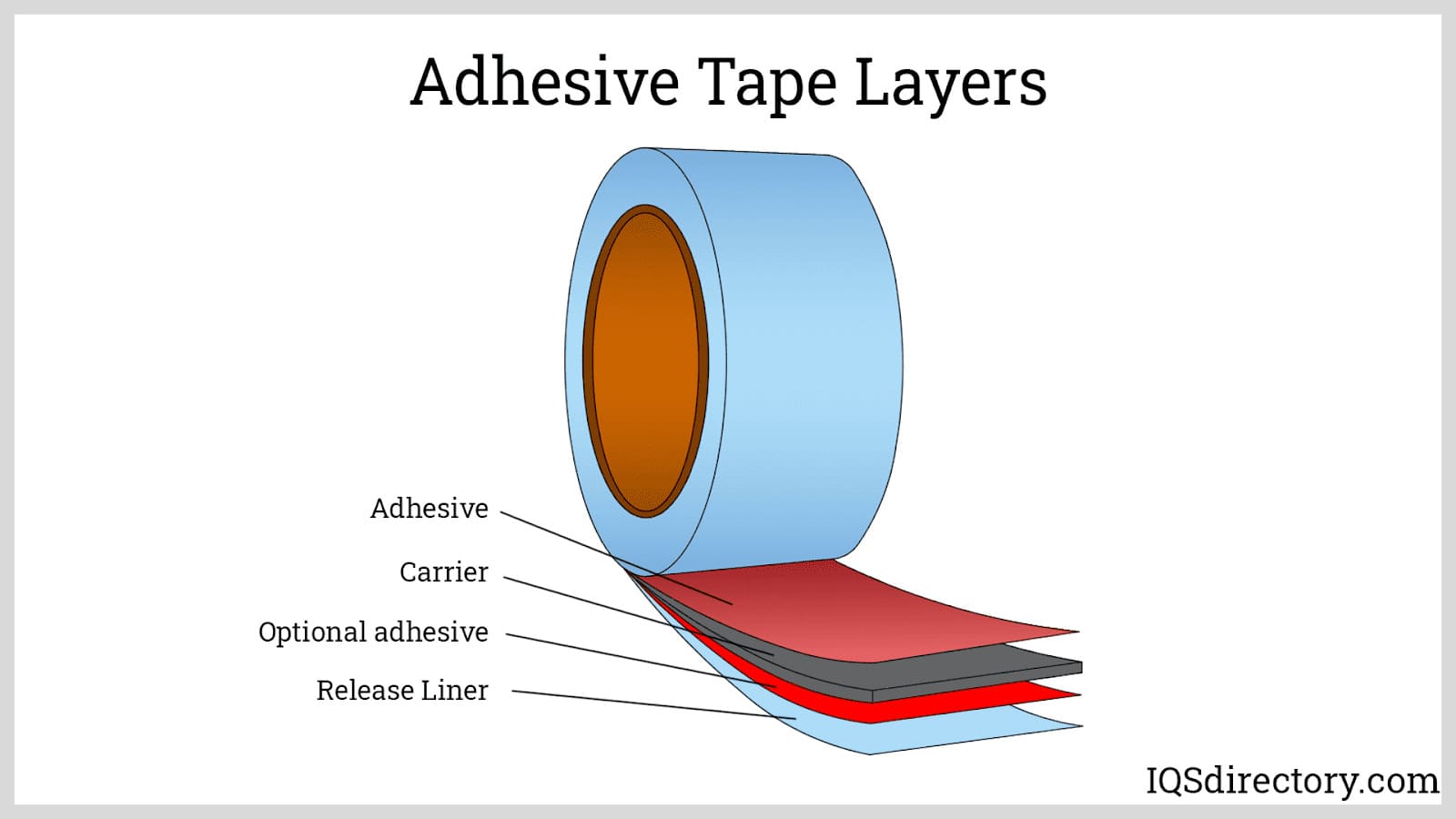
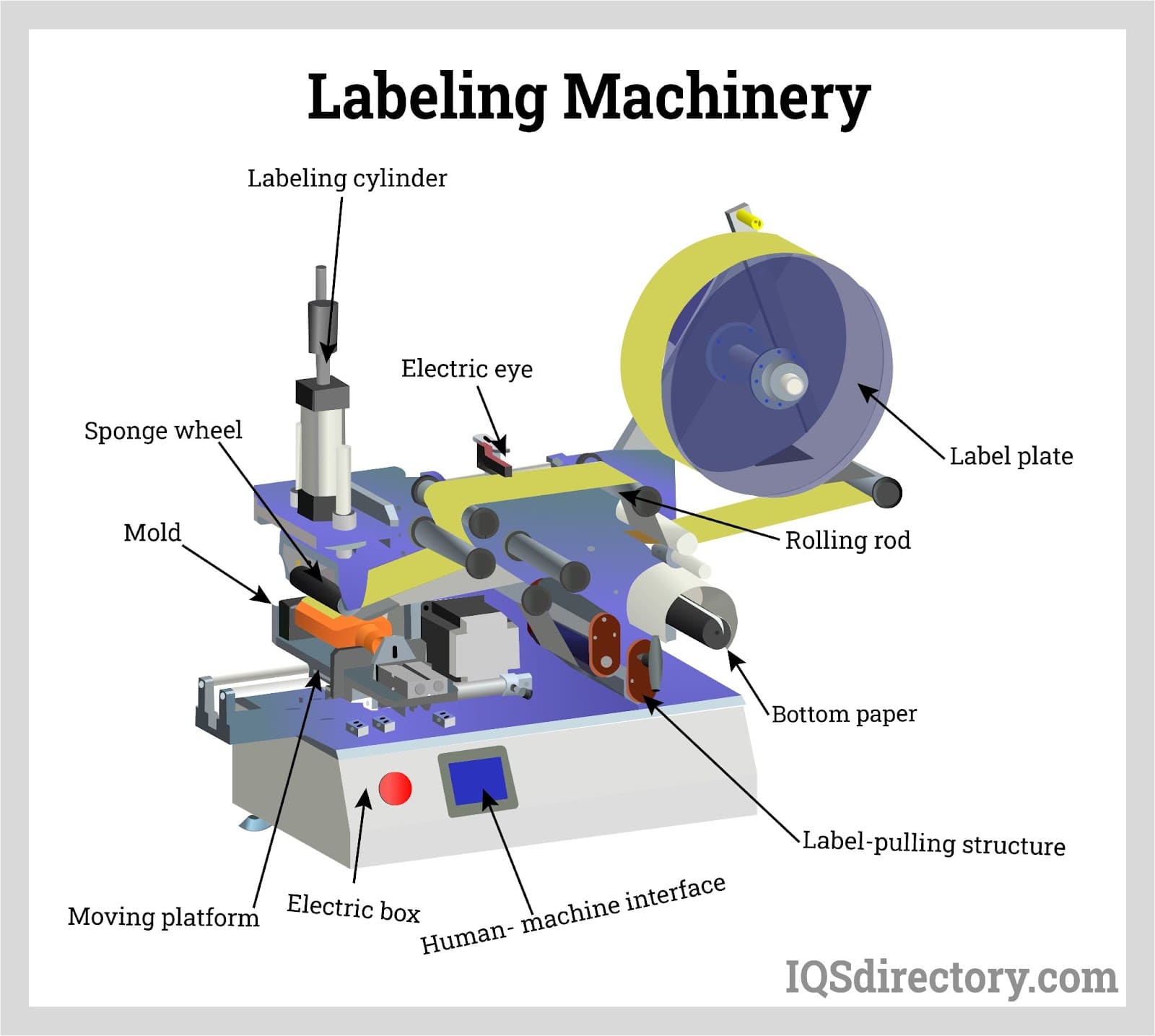
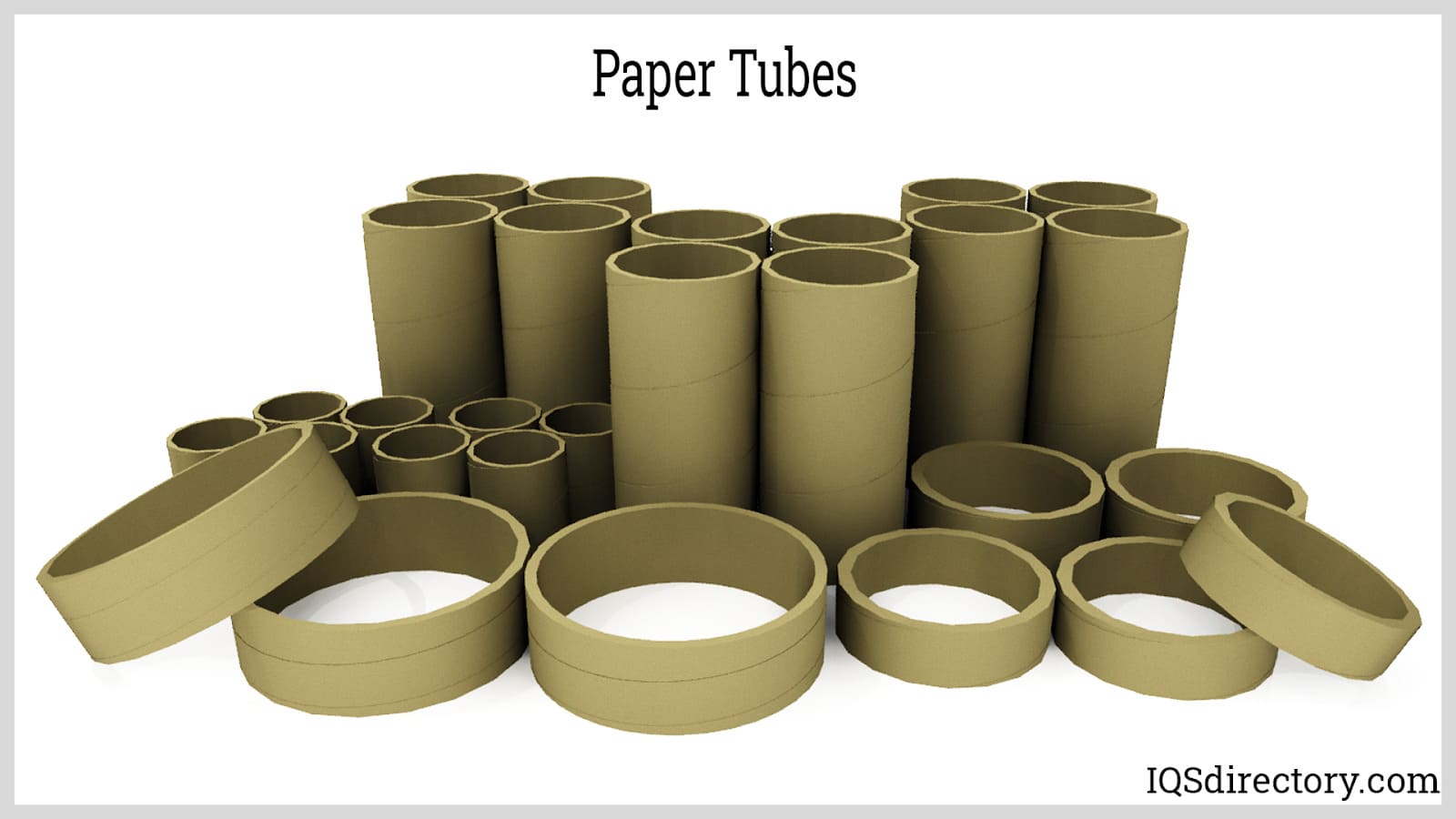
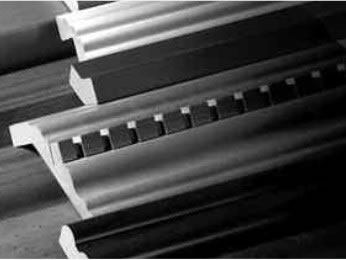 Adhesives
Adhesives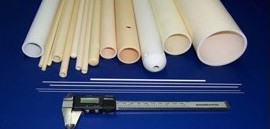 Alumina Ceramic
Alumina Ceramic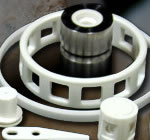 Ceramic
Ceramic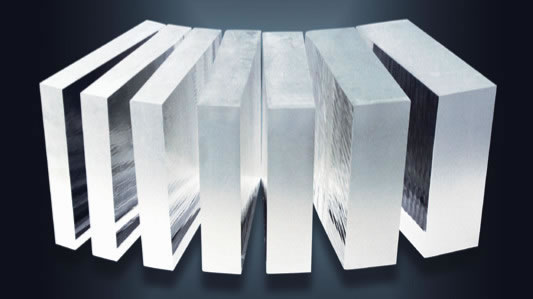 Glass
Glass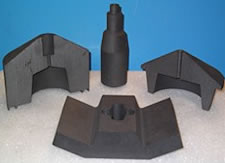 Graphite
Graphite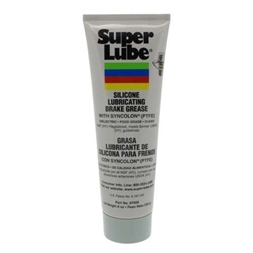 Lubricants
Lubricants Castings & Forgings
Castings & Forgings Bulk Material Handling
Bulk Material Handling Electrical & Electronic Components
Electrical & Electronic Components Flow Instrumentation
Flow Instrumentation Hardware
Hardware Material Handling Equipment
Material Handling Equipment Metal Cutting Services
Metal Cutting Services Metal Forming Services
Metal Forming Services Metal Suppliers
Metal Suppliers Motion Control Products
Motion Control Products Plant & Facility Equipment
Plant & Facility Equipment Plant & Facility Supplies
Plant & Facility Supplies Plastic Molding Processes
Plastic Molding Processes Pumps & Valves
Pumps & Valves Recycling Equipment
Recycling Equipment Rubber Products & Services
Rubber Products & Services